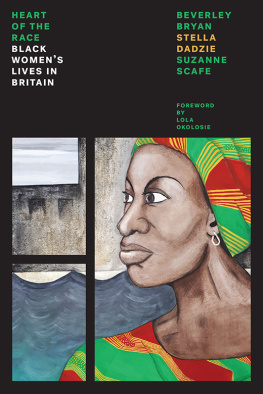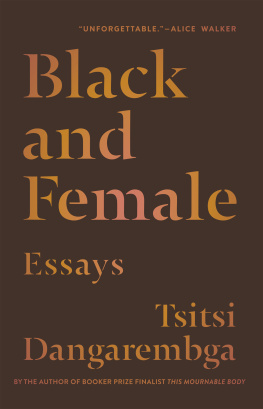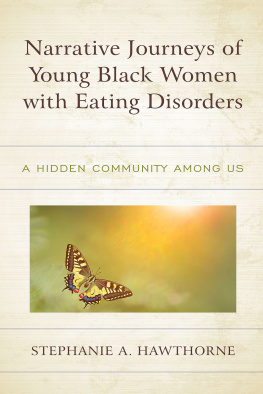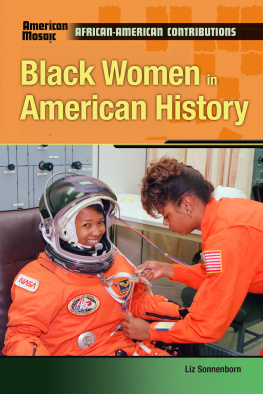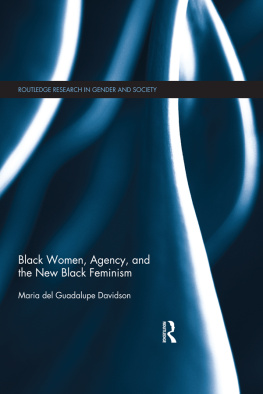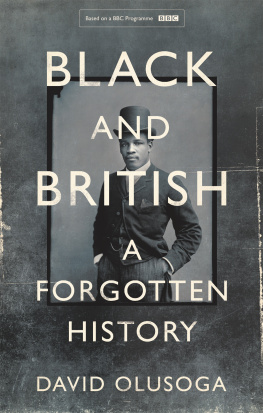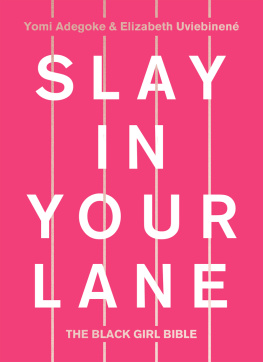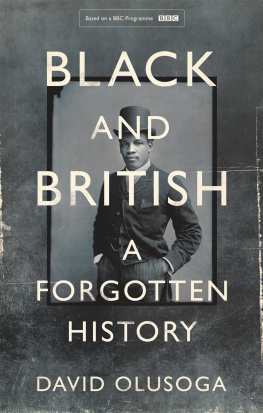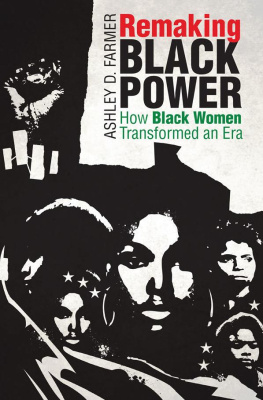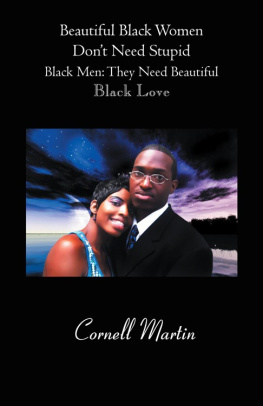The Heart
of the Race
Black Womens Lives in Britain
Beverley Bryan, Stella Dadzie and Suzanne Scafe
Foreword by Lola Okolosie

This edition first published by Verso 2018
First published by Virago Press 1985
Beverley Bryan, Stella Dadzie, Suzanne Scafe 1985, 2018
Foreword Lola Okolosie 2018
Afterword Beverley Bryan, Stella Dadzie,
Suzanne Scafe, Heidi Safia Mirza 2018
Poems and songs by Gwendolyn B. Bennett, Louise Bennett-Coverley, Nefertiti Gayle, Iyamid Hazeley, The Heptones, Donna Moore, and Angela McNish the authors in their work
All rights reserved
The moral rights of the authors have been asserted
1 3 5 7 9 10 8 6 4 2
Verso
UK: 6 Meard Street, London W1F 0EG
US: 20 Jay Street, Suite 1010, Brooklyn, NY 11201
versobooks.com
Verso is the imprint of New Left Books
ISBN-13: 978-1-78663-586-0
ISBN-13: 978-1-78663-587-7 (UK EBK)
ISBN-13: 978-1-78663-588-4 (US EBK)
British Library Cataloguing in Publication Data
A catalogue record for this book is available from the British Library
Library of Congress Cataloging-in-Publication Data
A catalog record for this book is available from the Library of Congress
Printed and bound by CPI Group (UK) Ltd, Croydon, CR0 4YY
To Olive Morris and Sylvia Erike, who were true sisters in the struggle. May this book keep your memory alive. And to Gerlin Bean, for her guidance in the early years and her continuing inspiration.
I am weaving a song of waters,
Shaken from firm, brown limbs,
Or heads thrown back in irreverent mirth.
My song has the lush sweetness
Of moist, dark lips
Where hymns keep company
With old, forgotten banjo songs.
Abandon tells you
That I sing the heart of a race
While sadness whispers
That I am the cry of a soul
from Song by Gwendolyn B. Bennett
Contents
History, more often that not, tells us the story of the powerful. It is the details behind their victories that are amplified and given room within the national consciousness to become words like fact and truth. Such objectivity, we know, is merely a form of subterfuge hiding those other stories that could be told of marginalised voices forced into positions of silence and obscurity. Thus to archive such sidelined narratives, collating and giving them a space in which to articulate their lived experiences, is no neutral undertaking. In The Heart of the Race: Black Womens Lives in Britain, it is the work of a radical feminist politics that seeks to serve and defend the communities of women represented in this groundbreaking book. It is work that wrestles the incredible power invested in memory making for those who, ordinarily, would be cast aside.
The stories of the women captured within cannot be obscured. They cannot be dismissed as insignificant or unknowable. Reading them more than thirty years later, todays generation of black feminists will be sure to recognise their mothers, grandmothers and aunties, and also, depressingly, ourselves. The struggles succinctly captured in The Heart of the Race continue to plague black communities in the twenty-first century. Black Caribbean and mixed white/black Caribbean pupils are three times more likely to face permanent exclusion from school, and it is a credible possibility that three-quarters of young black men aged eighteen to thirty-five have their DNA profiles in the polices
In their chapter on The Uncaring Arm of the State: Black Women, Health and the Welfare Services, the authors write that legislation designed to protect the NHS from abuse by foreigners means that hospitals now record our medical history and our immigration status. Three decades later, the current Conservative government is being condemned for forcing NHS doctors to act as border guards in its crackdown against migrants and forced to defend its appalling treatment of the Windrush generation.
Thirty years on from its initial reception, black as a political identity under which empires unaccounted-for children could unite has become hotly contested. Yet the anti-colonial and anti-imperialist sentiments that made such solidarity possible, and which forcefully run through this book, can be seen in the work of activist groups today. The spirit of cogent anger and urgent activism that forms the basis of this book has been reignited, as the battles over equality outlined within it remain with us. It is a text pertinent to now precisely because it charts the ways in which those before us have engineered successes, despite a system of intractable sexism and racism. It teaches that through collective action and being grounded in our communities, we can recover our agency. The myriad black women whose stories have been preserved and passed down to us passionately proclaim their rightful place in Britains history. It is on their shoulders that we stand.
Lola Okolosie is an English teacher and opinion columnist at the Guardian.
.
.
.
.
Danny Dorling, So You Think You Know About Britain?, London: Little, Brown Book Group, 2011.
It took us four years to complete this book. During this time, many many women gave us their time, their help and their support either by allowing us to interview them and talking about their lives; or by helping to type, transcribe, discuss and criticise the text. Without the support of these sisters, and the help and encouragement we received from our families and good friends, this book could not have been written. Our thanks go to all of you. This is as much your achievement as it it ours.
Abena, Keleche Ade, Pat Agana, Ama, Louise Bernard, Gerlin Bean, Deborah Barke, Pat Bell, Louise Bennett, Kelly Burton, Marlene Bogle, Cynthia Brooks, Jean Brown, Carmen, Yvonne Collymore, Beulah Coombs, Denise of Abacush, Roslyn Donovan, Olive Edun, Nefertiti Gayle, Gerry, Pat Gordon, Blossom Gonzales, Haleem, Iyamide Hazeley, Margaret Henry, Olga Henry, Karen Holness, Vivienne Johnson, Kath, Mel Langley, Ingrid Lewis, Arlene Mason, Janet McKenley, Donna Moore, Sylvia Morris, Monica Morris, Doris Morris, Maria Mars, Jennifer Oliver, Sylvia Oliver, Pat Parkin, Dorothy Palmer, Carol Sherman, Sonia Small, Dawn Smith, Sona, Sharon Townsend, Lindiwe Tsele, Julie Walters, Val Turner, Monica White, Claudette Williams, Michelle Williams, Pauline Wilson, Jocelyn Woolfe, Valerie Wright.

